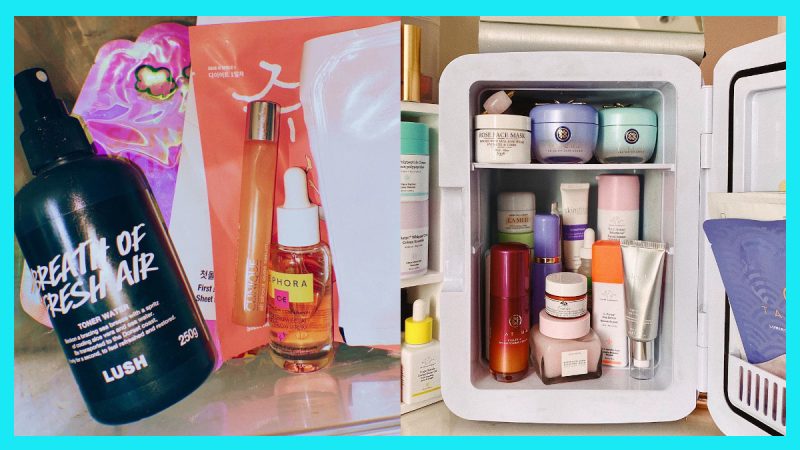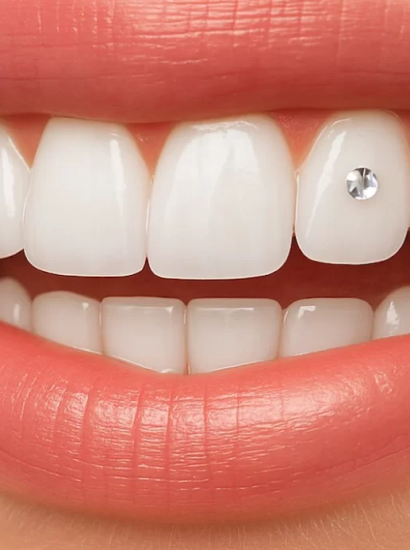What Skincare Products Should Not Be Refrigerated, how you store your products can have a significant impact on their effectiveness. While refrigerating some skincare items can offer benefits, there are certain essentials that should be kept at room temperature to maintain their potency and consistency. In this article, we’ll delve into ten crucial skincare essentials that are best stored at room temperature rather than in the fridge. Understanding the reasons behind these recommendations will help you preserve the efficacy of these products and ensure they deliver the intended benefits to your skin.
What Skincare Products Should Not Be Refrigerated: Facial Oils
Facial oils are cherished for their hydrating and nourishing properties. Storing facial oils in the refrigerator can cause them to solidify or thicken, making them difficult to apply and reducing their efficacy. To maintain their consistency and effectiveness, it’s best to store facial oils in a cool, dark place at room temperature.
What Skincare Products Should Not Be Refrigerated: Retinol Creams
Retinol creams are renowned for their anti-aging benefits and ability to promote skin cell turnover. Refrigerating retinol creams can degrade their active ingredients, reducing their effectiveness. Store retinol creams in a stable, room temperature environment to preserve their potency and ensure optimal results.
Vitamin C Serums
Vitamin C serums are prized for their brightening and antioxidant properties. Refrigerating vitamin C serums can accelerate oxidation, causing them to lose their potency and effectiveness. To maintain their efficacy, store vitamin C serums in a cool, dark place at room temperature and ensure the bottle is tightly closed.
Natural Face Masks
Natural face masks often contain sensitive ingredients like clays, honey, and essential oils. Refrigerating natural face masks can alter their texture and reduce their beneficial properties. It’s recommended to store natural face masks in a cool, dry place away from sunlight to preserve their freshness and effectiveness.
Hyaluronic Acid Products
Hyaluronic acid is beloved for its hydrating properties. Refrigerating hyaluronic acid products can cause them to lose their viscosity and become less effective. Store hyaluronic acid products in a cool, dark place at room temperature to maintain their texture and ensure they deliver optimal hydration.
Acne Treatments
Acne treatments, such as those containing benzoyl peroxide or salicylic acid, are formulated to treat and prevent breakouts. Refrigerating acne treatments can degrade their active ingredients and reduce their effectiveness. Keep acne treatments in a stable, room temperature environment to maintain their potency.
Aloe Vera Gel
Aloe vera gel is well-known for its soothing and healing properties, making it a staple in skincare routines. Refrigerating aloe vera gel can diminish its healing properties and make it less effective. Store aloe vera gel in a cool, dry place at room temperature to ensure it remains potent and soothing.
What Skincare Products Should Not Be Refrigerated:Facial Toners
Facial toners are used to balance the skin’s pH levels and remove impurities. Refrigerating facial toners can alter their formulation and potentially cause irritation when applied to the skin. To preserve their effectiveness, store facial toners in a cool, dark place at room temperature.
Oil-Based Cleansers
Oil-based cleansers are effective in removing makeup and impurities without stripping the skin’s natural oils. Refrigerating oil-based cleansers can cause them to solidify or thicken, reducing their effectiveness. Store oil-based cleansers in a cool, dry place at room temperature to maintain their cleansing properties.
Sunscreen
Sunscreen is essential for protecting the skin from harmful UV rays and preventing premature aging. Refrigerating sunscreen can cause its formulation to separate, reducing its effectiveness in providing sun protection. Store sunscreen in a cool, dry place at room temperature and avoid direct sunlight exposure.
Conclusion
What Skincare Products Should Not Be Refrigerated: while refrigerating skincare products can be beneficial for some items, it’s important to recognize that certain essentials should be kept at room temperature. By storing these ten skincare essentials correctly, you can ensure they retain their potency and deliver maximum benefits for your skin.
FAQs
1: Should I refrigerate my facial oils to extend their shelf life?
No, refrigerating facial oils can cause them to solidify or thicken, making them difficult to apply. It’s best to store facial oils in a cool, dark place at room temperature.
2: Can refrigerating vitamin C serums help them last longer?
Refrigerating vitamin C serums can accelerate oxidation, reducing their potency and effectiveness. Store vitamin C serums in a cool, dark place at room temperature.
3: Is it safe to refrigerate natural face masks for a cooling effect?
Refrigerating natural face masks can alter their texture and reduce their beneficial properties. Store them in a cool, dry place at room temperature.
4: Should I keep my aloe vera gel in the fridge for a soothing effect?
Refrigerating aloe vera gel can diminish its healing properties. Store aloe vera gel in a cool, dry place at room temperature for optimal results.
5: Can I store my sunscreen in the refrigerator during hot weather?
No, refrigerating sunscreen can cause its formulation to separate, reducing its effectiveness in protecting your skin from UV rays. Store sunscreen in a cool, dry place at room temperature.
Also read: AFFORDABLE SKINCARE ROUTINE: TOP 10 DRUGSTORE PRODUCTS UNDER $20 IN SINGAPORE





